In response to The Atlantic article, former Vermont Gov. Howard Dean tweeted at President Trump, “F*ck you” and noted that his brother was captured and executed in Laos in 1974:
We assumed it was this alleged anecdote that triggered Dean:
"People familiar with Mr. Trump’s comments say he has long scorned those who served in Vietnam as being too dumb to have gotten out of it, as he did through a medical diagnosis of bone spurs in his heels." https://t.co/BuBak0bTAP
— Maggie Haberman (@maggieNYT) September 4, 2020
But. . .
For those of you who don’t know this story, Charlie was captured in Laos and executed in 1974 but he wasn’t serving in the U.S. military at the time. He was in Laos on vacation.
From CNN in 2003 when his remains were identified and sent back to the U.S.:
The candidate’s younger brother, Charles Dean, and Australian Neil Sharman were killed in Laos in September 1974, according to a statement from the Joint POW/MIA Accounting Command.
The two were civilians and not associated with Vietnam War-era combat operations going on in the region at the time, the statement said. The remains were to be identified at a lab in Hawaii.
And:
In an article on the Sharman family’s reaction to the recovery, Australia’s Herald Sun newspaper quoted Sharman’s brother Ian as saying the two men had been handcuffed and executed and their bodies thrown into a bomb crater.
The newspaper said the men had been arrested as suspected spies as they traveled along the Mekong River in Laos.
Recommended
Charlie and Sharman were reportedly taken off a ferry “in a dispute over a camera” and held for three months before being killed. From the Baltimore Sun:
But McGovern’s sound defeat by President Richard M. Nixon disillusioned and angered Charles Dean, who decided to head off on a backpacking trip to Asia.
At the time he was seized by Communist Laotian forces, Charles Dean was 24 years old and had been backpacking through Australia and Asia for about a year. During a trip down the Mekong River, he and Sharman were taken off a ferry and held by Communist forces in a dispute over a camera he was carrying, according to Howard Dean.
He was held in a local police camp for at least three months, and managed to smuggle out a photo of himself, which eventually reached the U.S. Embassy in the Laotian capital.
This piece in the Boston Globe speculated that Charlie “saw too much” during his trip up the river:
Charlie Dean had worked for McGovern, an antiwar candidate who surpassed even his brother Howard in ardor, and Charlie Dean would have been intensely aware of what had taken place in Laos. By 1974 the CIA’s secret war was no longer a secret, and the Hmong tribesmen, whom the CIA had armed and sent into battle against the Pathet Lao and North Vietnamese, were on the run.
1974 was not the height of the Indochina war, as some press accounts have said. It was an in-between time, after Henry Kissinger’s “peace is at hand” in 1973 and before the final communist takeover in 1975. In 1974 there was a pause in the war and much confusion as a coalition of communists, neutralists, and rightists formed a government. We who were there at that time did not think it overly foolish to try to move about the country. But foreign forces were supposed to leave the country, which the North Vietnamese had not, and it might have been that Charlie Dean saw too much to be let go.
Now, we get that Howard hates Trump, but Dean’s tweet certainly makes it sound like Charlie was killed fighting for the U.S. in the war and that’s not true.
***


















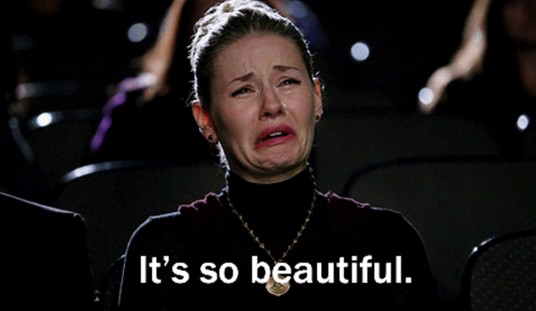
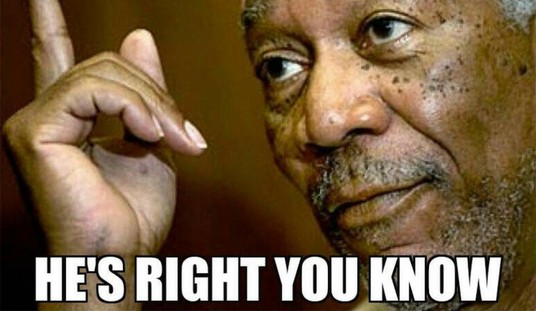
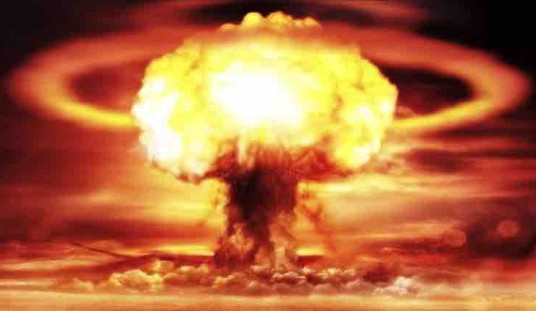
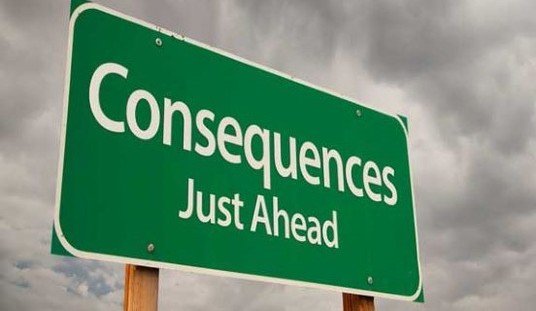
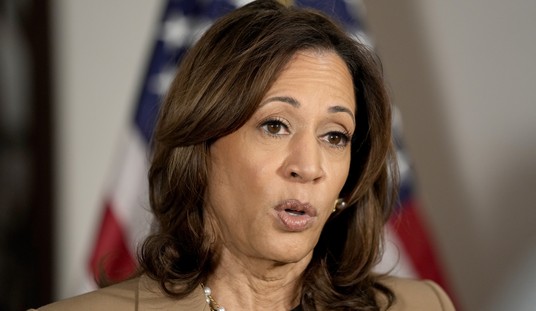
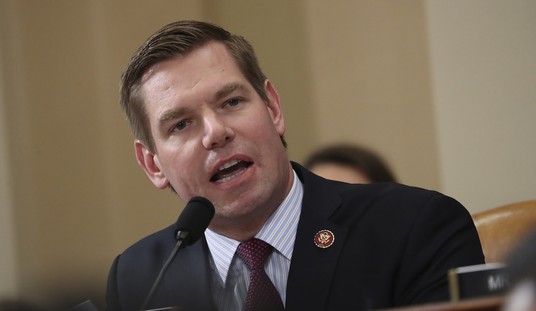
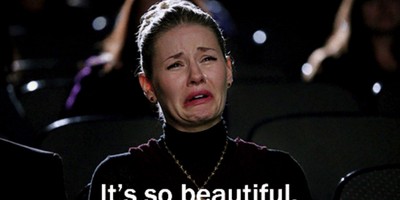
Join the conversation as a VIP Member